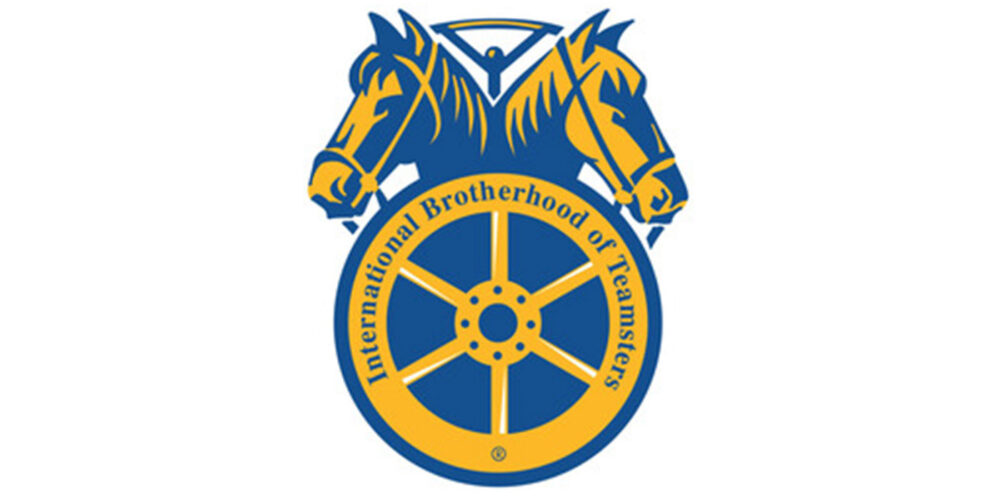Diana Ross’ classic hit, Do you know where you’re going to? begged the same questions facing the aftermarket today: Do we know where we’re going? Do we like what we’re seeing on the way? And perhaps more to the point, do we even like where we’re headed?
According to GAAS panel moderator Steve Handschuh, COO of the Automotive Aftermarket Suppliers Association (AASA), these are essential questions as the industry move through a pivotal point in its history. Handschuh believes that in 10 years, the industry will look back at this time and agree that it was an important period of transition. 
Discussing the aftermarket’s path included a panel of representatives from every level of the industry. Panelists included Rusty Bishop, president of Federated Auto Parts, Larry Mcgee, chairman, CEO and president of BFS Retail and Commercial Operations, Peter Morse, president of Morse Automotive, Dave Mueller, executive vice president, merchandising and marketing at Advance Auto Parts.
Handschuh posed questions to panelists that addressed the impact of price, branding, off-shore sourcing, inventory and returns.
As China and other low-cost countries become more popular as manufacturing bases for domestically based companies, how important today is “Made in the USA ?”
AASA’s Steve Handschuh moderates
Panelists agreed that as long as the parts are high quality, the country of origin is far less important today that it has been in the past. Mcgee showed a video of a Firestone store technician as he discussed his opinion of off-shore sourced p rod uct. He echoed the panel, saying, “As long as it’s a good, quality part, (country of origin) doesn’t matter.”
There are many reasons companies decide to pursue off-shore sourcing. Certainly, no-growth pricing pressures are one of the main drivers.
“Suppliers have two choices,” said Bishop. “The can add value — and therefore cost — or they can reduce manufacturing costs.” For an increasing number of suppliers, the solution is often an off-shore sourcing strategy.
“With heath care costs and increasing wages, more and more businesses will move to Mexico and China ,” said Morse.
Raw materials go up, for example, and so manufacturers have no choice but to seek pricing efficiencies overseas. Morse’s own company manufactures a high percentage of p rod uct from low-cost countries, primarily Mexico .
This trend was certainly representative of those in the audience. In fact, 50 percent of all p rod ucts sourced by companies represented in the audience are sourced from outside the United States , according to a survey taken during the presentation.
Some distributors might want to try sourcing direct from overseas. Panelists warned that such an attempt is complicated at best.
“Our core competency is not manufacturing,” said Mueller. “There are so many complexities (in sourcing direct). If you’re going to do it, be committed and be prepared for all the issues you’ll face.”
Panelists also discussed the impact of inventory, and in particular the idea of OE Form, Fit and Function.
When the aftermarket promotes itself as “as good as” the OE, Handschuh wondered aloud whether the aftermarket is allowing the OE brand to be the standard by which aftermarket parts are judged. All the panelists agreed that “form, fit and function” is important, but that the aftermarket must promote itself better.
While all agreed that Fit, Form and Function are important, it does impact SKU proliferation, putting additional pressures of both manufacturers and distributors.
Surprisingly, despite all these challenges, panelists agreed that returns are actually down.
“(Returns) are a lot lower than they used to be,” said Morse. Audience surveys proved this to be true, as 67 percent indicated that 10 percent of p rod uct (across all lines) is returned.









